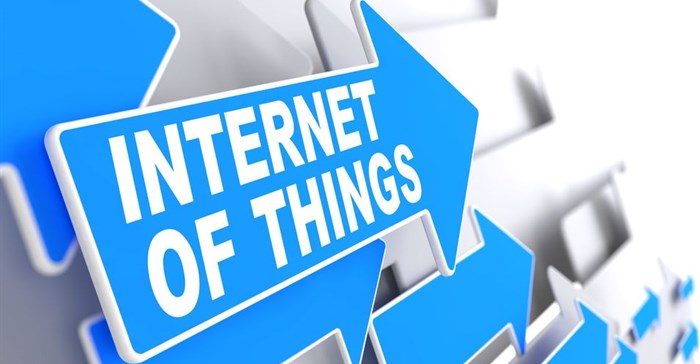
Top stories






More news





ESG & Sustainability
#Sona2026: President announces crisis committee to tackle SA's water challenges








Andrew Lane, Deloitte’s energy and resource leader says, “It’s becoming more difficult and expensive for mines to access resources. As mines get deeper and mining operations become more complex, the unit cost of mining increases.”
By digitising processes, mining companies can focus their efforts on real interventions to mine more ounces at a reduced cost. Digitisation allows companies to eliminate variability with complete, accurate and timely information, improving productivity and profitability.

Deloitte’s innovative internet of things (IoT) solutions aim to improve company operations by aggregating information received from automated processes. As a result, companies can access important information from any business division to drive effective decision making in real time. Analysing this relevant data immediately results in superior business decisions and greater income-generating potential.
Lane says, “We’re using this technology to deliver a significant uptick in performance by eliminating waste and improving cost efficiency in mining. IoT solutions focus on interfacing different silos in a business by collating all the data into one effective interoperability platform.”
This application solves a host of business reporting challenges. For example, critical daily decisions are often taken with old, inaccurate, and incomplete data from underground.
There is a significant delay before decision-makers receive this information, limiting the ability to take corrective action should this be needed.
Implementing IoT automation on top of existing infrastructure eliminates this costly delay. Using digitisation, companies are able to continuously monitor machine conditions and employee health and safety, enabling them to respond swiftly in the event of an emergency. Using this information, mine managers can now start to predict potential failure and hazardous events and prevent them from occurring and causing downtime.
IoT-enabled sensors allow companies to monitor air quality in real time, correlating these results against each individual’s vital signs. This keeps employees productive, reduces medical interventions and has a major impact on the bottom line of the business.
Lane says, “Having enough data can help you predict machine failure reduce downtime and improve safety of employees across the operation. With a consolidated view of the entire IoT ecosystem, mining operations will be more agile, proactive and productive.”
Lane concludes, “The great thing about this technology is that it’s not reserved for large companies only. It’s agile enough to execute at a speed that’s appropriate to the company’s budget, digital maturity and aspirations for digital transformation. This is a series of smaller interventions that you can scale quickly.”